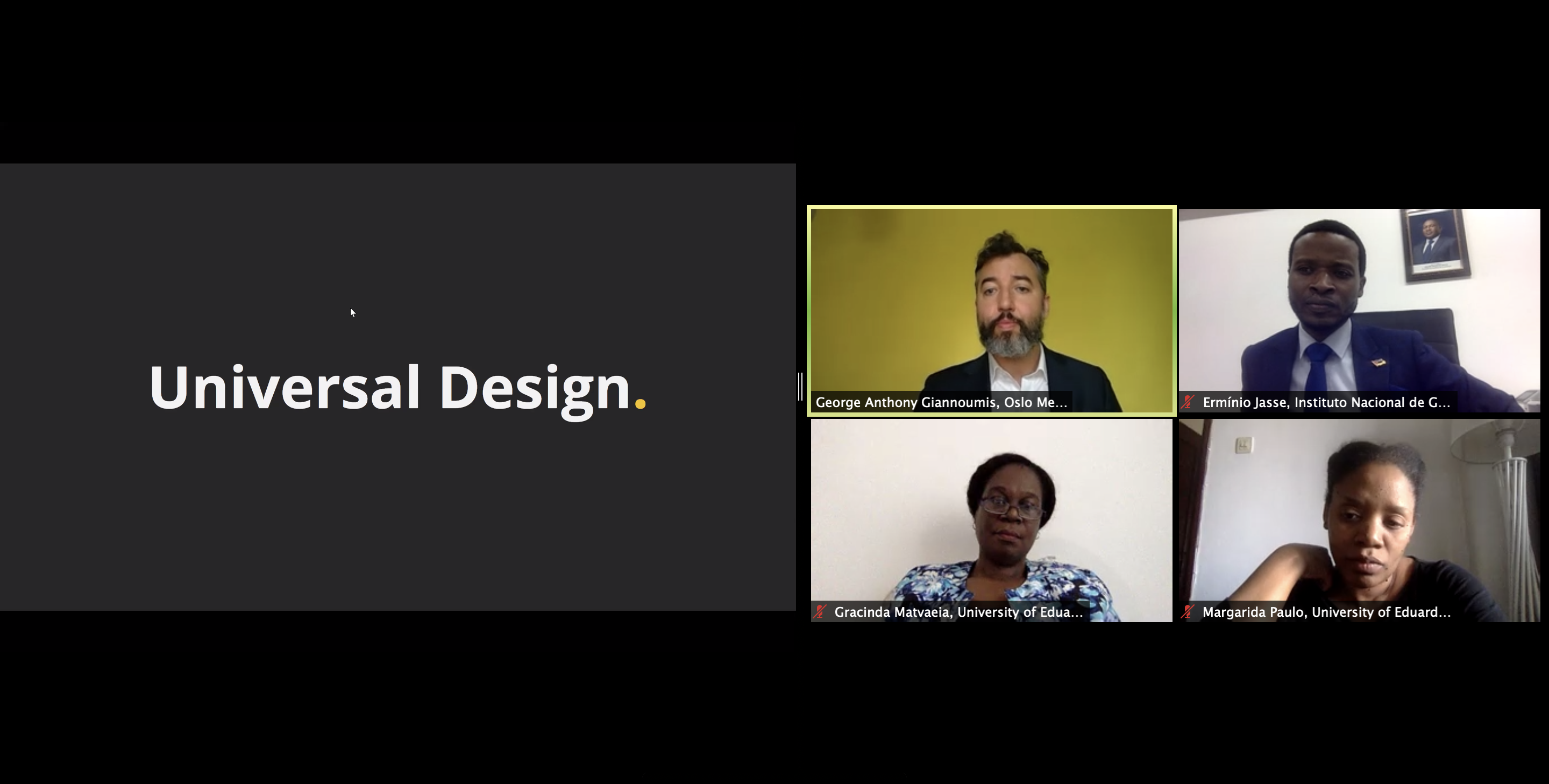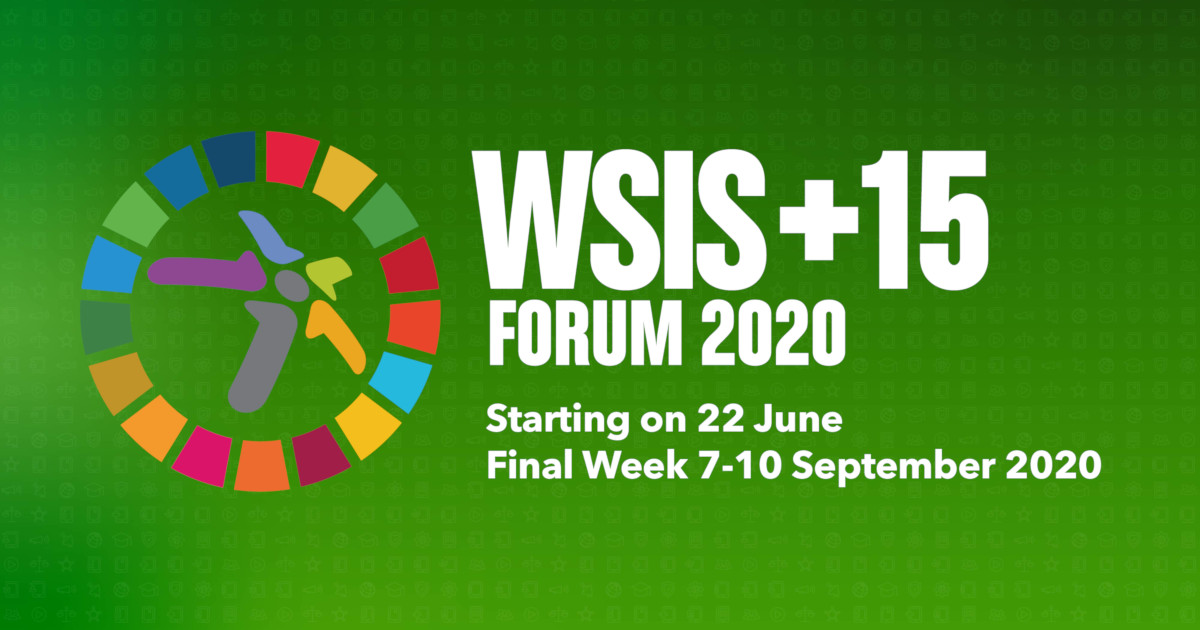ICT and Accessibility: Universal Design as a Mechanism for Sustainable Development
OSLO Metropolitan University
Session 127
Empowering diverse groups to participate in the design and development of ICT
Universal design is an approach to creating new technology that aims to ensure everyone can use the ICT product or service equally no matter their disability, age, ethnic identity, gender, or any other characteristic. This Segment would focus on how the principles of universal design, as articulated in the United Nations Convention on the Rights of Persons with Disabilities, can be adopted by technology developers, higher education institutions, and public sector organizations, and how technology transfer between the Global North and Global South can promote equal participation for everyone in society
-
 C1. The role of governments and all stakeholders in the promotion of ICTs for development
C1. The role of governments and all stakeholders in the promotion of ICTs for development
-
 C3. Access to information and knowledge
C3. Access to information and knowledge
-
 C4. Capacity building
C4. Capacity building
-
 C6. Enabling environment
C6. Enabling environment
-
 C10. Ethical dimensions of the Information Society
C10. Ethical dimensions of the Information Society
This session is connected to WSIS Action Lines
- C1. The role of governments and all stakeholders in the promotion of ICTs for development
- C3. Access to information and knowledge
- C4. Capacity building
- C6. Enabling environment
- C10. Ethical dimensions of the Information Society
-
 Goal 4: Ensure inclusive and equitable quality education and promote lifelong learning opportunities for all
Goal 4: Ensure inclusive and equitable quality education and promote lifelong learning opportunities for all
-
 Goal 5: Achieve gender equality and empower all women and girls
Goal 5: Achieve gender equality and empower all women and girls
-
 Goal 8: Promote inclusive and sustainable economic growth, employment and decent work for all
Goal 8: Promote inclusive and sustainable economic growth, employment and decent work for all
-
 Goal 9: Build resilient infrastructure, promote sustainable industrialization and foster innovation
Goal 9: Build resilient infrastructure, promote sustainable industrialization and foster innovation
-
 Goal 10: Reduce inequality within and among countries
Goal 10: Reduce inequality within and among countries
-
 Goal 11: Make cities inclusive, safe, resilient and sustainable
Goal 11: Make cities inclusive, safe, resilient and sustainable
This Session is linked to the following Sustainable Development Goals:
- Goal 4: Ensure inclusive and equitable quality education and promote lifelong learning opportunities for all
- Goal 5: Achieve gender equality and empower all women and girls
- Goal 8: Promote inclusive and sustainable economic growth, employment and decent work for all
- Goal 9: Build resilient infrastructure, promote sustainable industrialization and foster innovation
- Goal 10: Reduce inequality within and among countries
- Goal 11: Make cities inclusive, safe, resilient and sustainable

.png)
.png)
.png)
.png)
.png)

